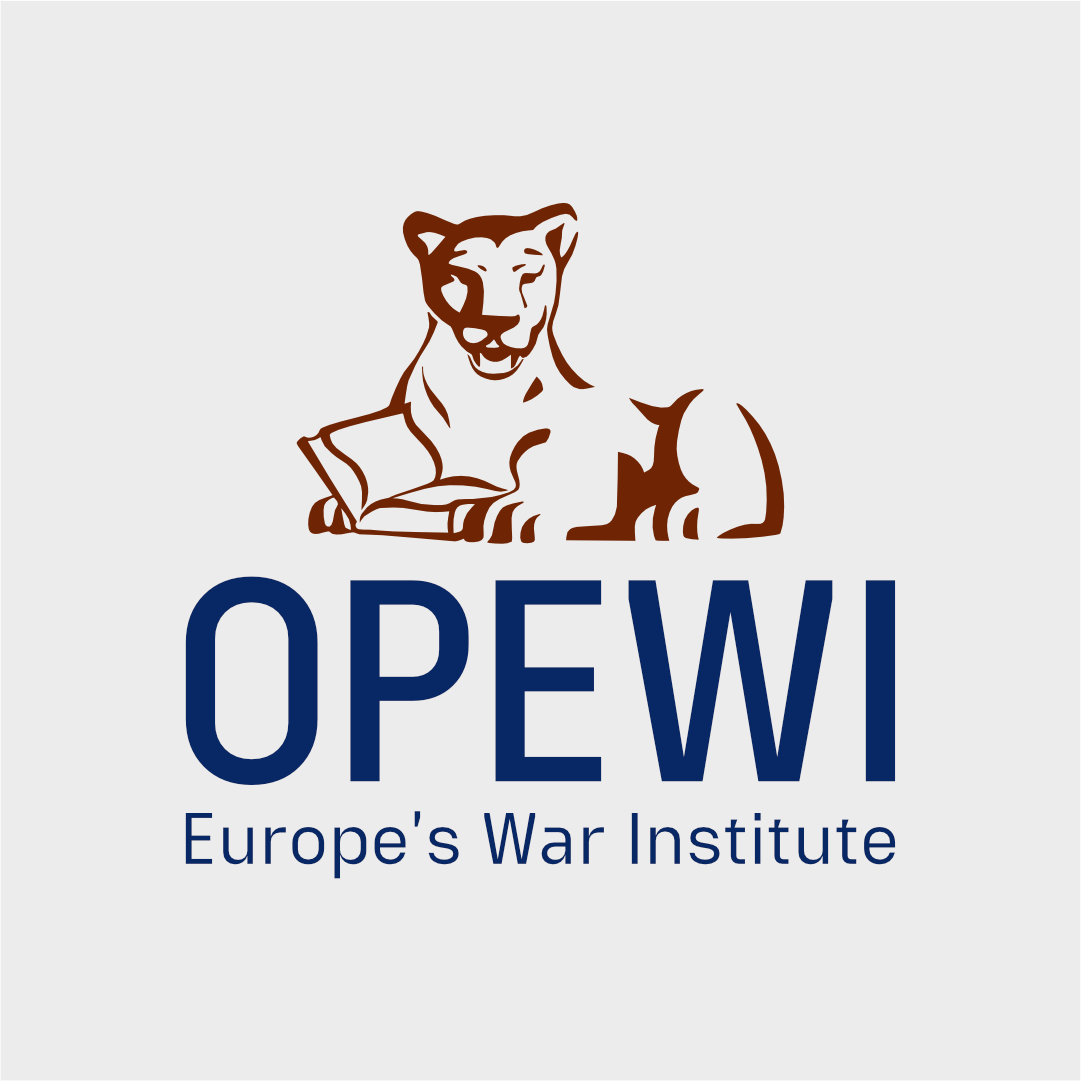
OPEWI Brief – US Troops in Europe (1950-2050)


Three policy takeaways from our latest military brief on America’s past and future military presence in Europe. Hot topic and hot debate yesterday afternoon, unsurprisingly !
1/ America has always been an amalgamation of regional cultures with conflicting values and conflicting projects – a “Balkanized federation” explained Colin Woodard. There’s been an eternal struggle on how to define the U.S. — as devoted to civic values defined in the Declaration of Independence or as the ethnostate of a particular people, in its original 19th century form the “Anglo-Saxon race.” Trump represents the latest incarnation of the latter and shows illiberal and undemocratic forces remain a threat, not just in its South. “The US has always been vulnerable to authoritarian backsliding”, insisted Colin Woodard. The reelection of Trump would mean crisis for NATO and defeat for Ukraine but beyond these foreign policy outcomes: the chances of profound instability and even civil war would would greatly increase within the United States.
2/ With the rise of democracies since the end of the Cold war, with social media and a certain NIMBY fear factor around military bases themselves, the US faces more and more external popular pressures to withdraw from the world. Professor Michael Allen added that the ebb and flow of America’s overseas presence will therefore increase, meaning that long term permanent US military units are being shut down more and more while the US may intervene massively on specific areas if the need arises.
3/ General Greco proposed a thirty-years plan to Europeanise NATO, starting with Europeans increasing their military budgets to 2-4% of GDP and ending in taking over NATO command structures progressively, with America’s logistics and intelligence support. This would require a bipartisan consensus in Washington and a negotiation with Europeans as well. With such plan, Europe’s security would not be hijacked by US electoral cycles anymore.
For more, OPEWI strongly recommend you look into Professor Allen’s research and book on America’s overseas military presence. If you want more on America’s historical and societal trajectory, you should peer into Colin Woodard’s work.
Thanks again for being with us. This was the beginning of a long conceptual journey for OPEWI.
The full brief can be found here.

